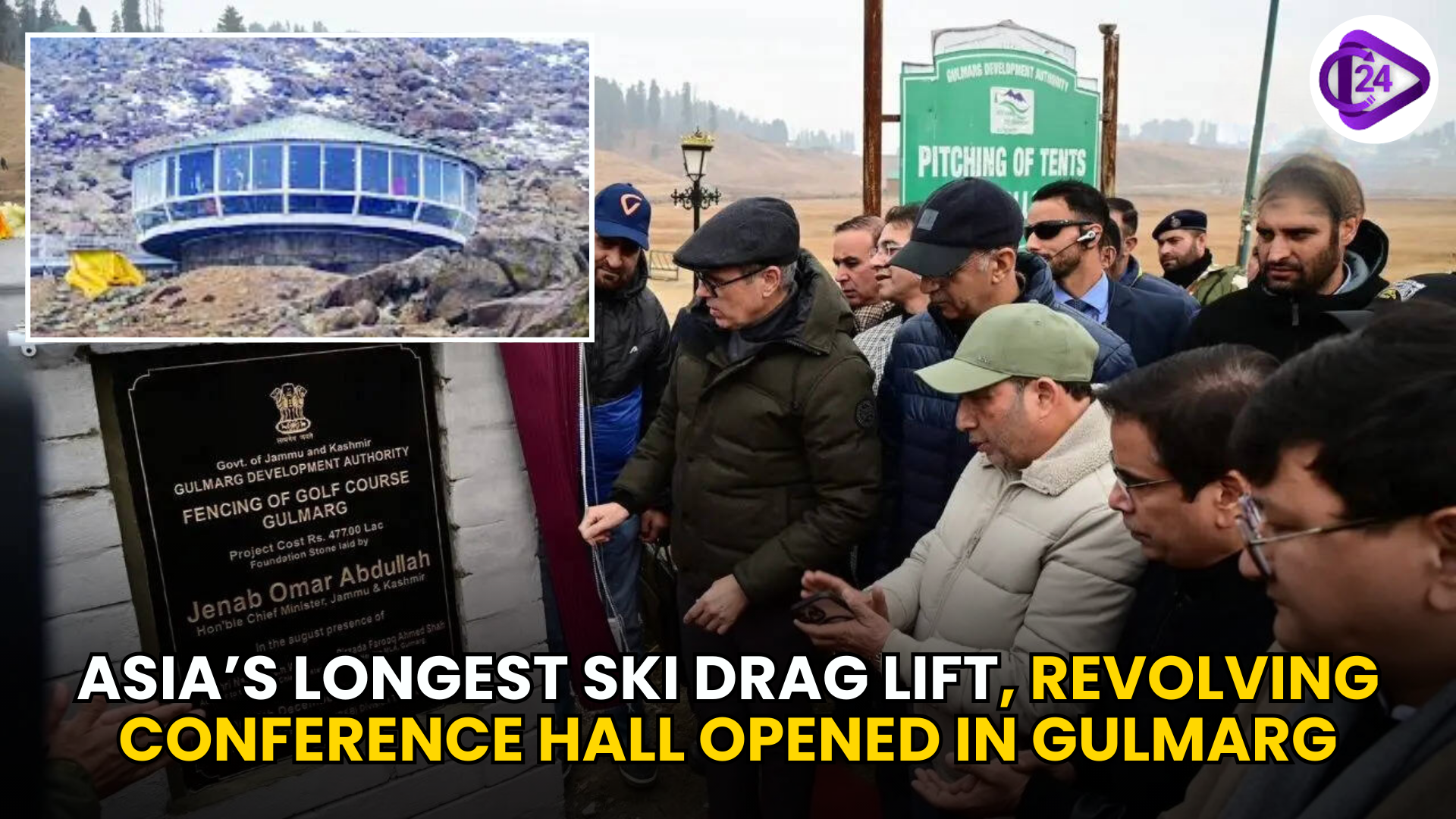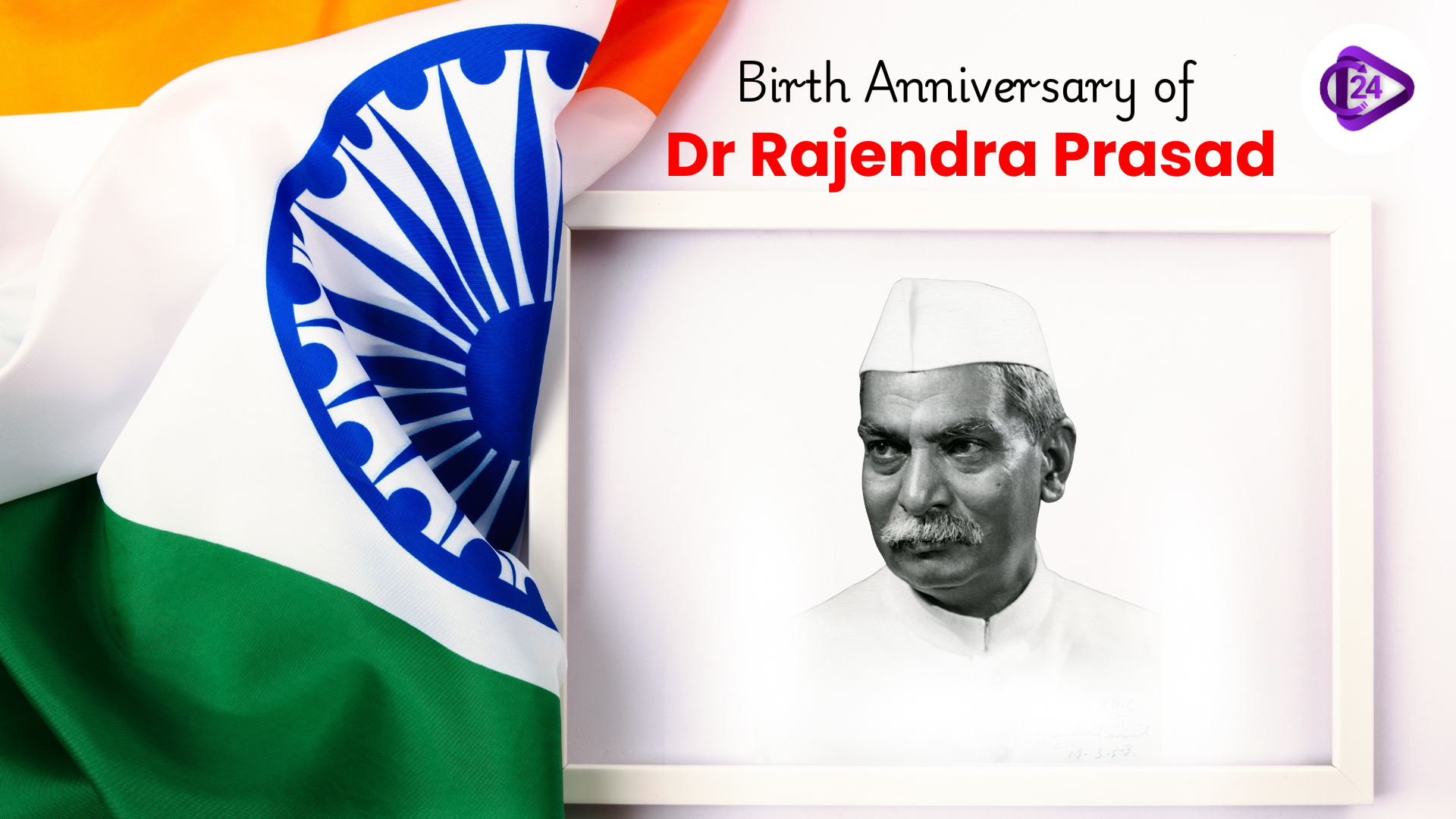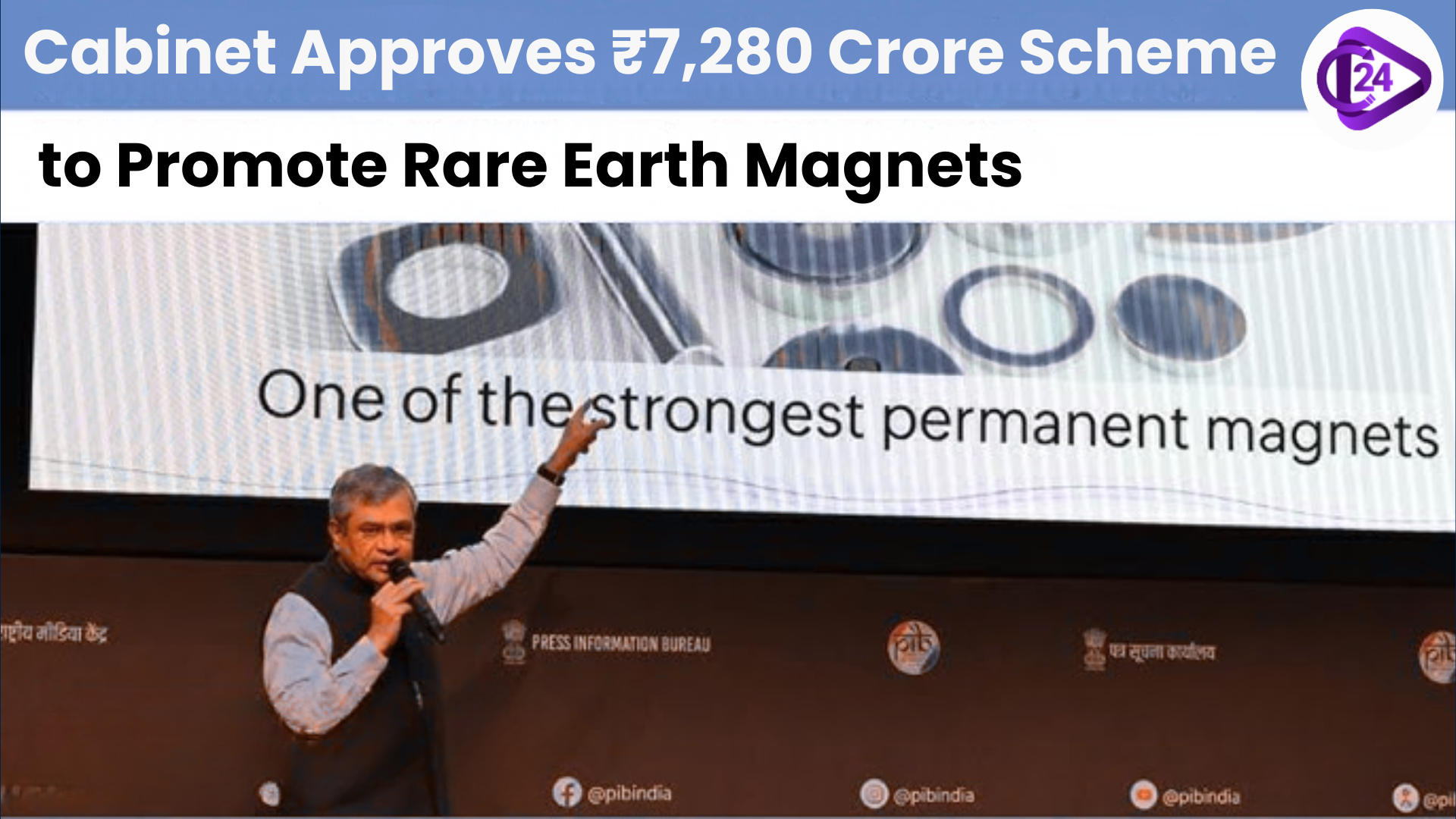
Prime Minister Sh. Narendra Modi has initiated a monumental Mission Mausam on the occasion of the 150th Foundation Day of India Meteorological Department (IMD) to make a ‘Weather-ready and Climate-smart’ India. IMD organized the event in Bharat Mandapam New Delhi which emphasized the organisation’s importance in the advancements made in India about meteorology climate, and disaster management.
About Mission Mausam:
-
Mission Mausam is a vision that is planned to transform existing capacities for weather forecasting and climate monitoring in India along with disaster risk management.
-
The mission tackles studying and creating new tech such as cutting-edge weather radar sharp atmospheric watching tools top-notch satellites, and powerful computing setups.
-
These breakthroughs aim to sharpen the precision of essential weather math, watch the climate more, and boost how India manages dangers to brace for fresh climate change challenges.
As said by the Indian Prime Minister in the launch of Mission Mausam, India wants to establish an effective observational network and numerical weather prediction system to monitor air quality and to foresee and alter climate processes from a time frame necessary for handling long-term weather conditions. Almost all of these will go a long way in supporting sustainable development, from helping people make better decisions about key areas of human activity such as food production, disaster relief, and city planning.
About India Meteorological Department (IMD):
History and Foundation:
-
The IMD was founded in 1875 thus making it one of the oldest meteorological services in the world.
-
Works under the Ministry of Earth Sciences(MoES), Government of India
-
The IMD was established solely to ensure weather information of variety and specificity for different areas or fields including agriculture, transportation, and disaster relief.
Role and Functions of IMD:
-
IMD deals with predicting the temperature, rainfall, relative humidity, wind speed and direction, and occurrences of storms, cyclones, thunderstorms, heat waves, and the like.
-
It gives alerts on such events and reduces the effects of calamities that are natural incidences.
-
The department also has specialized services in areas of agriculture, aviation, and maritime operations.
Key Contributions:
-
Climate Monitoring: This place keeps an eye on our country’s weather vibes and other bits like how the Indian rainy season and local weather patterns are doing.
-
Disaster Management: It helps by throwing out early heads-up for big storms, floods, and other nasty events, which helps keep people and their things safe.
-
Technological Advancements: IMD is all about using the latest gear like satellites, radars, and super-smart computers to make their weather guessing game stronger. They've got weather lookouts, radars, and those cool automatic weather-checking spots all over the land.
-
International Recognition: IMD linked with the World Meteorological Organization, collaborates with weather departments for watching the skies and improving climate studies. It shares info and study results with global groups to strengthen worldwide climate change toughness.
Conclusion
India, through "Mission Mausam" and steady efforts from the IMD, is boosting its ability to predict weather and improve its response to disasters. It is beneficial not just for the people of India but also for the global communities during climate variability.



 Gulmarg Gets Asia’s Longest Ski Drag Lift and First Revolving Conference Hall
Gulmarg Gets Asia’s Longest Ski Drag Lift and First Revolving Conference Hall Chhattisgarh Gets Its First Ramsar Site with Kopra Reservoir Declaration
Chhattisgarh Gets Its First Ramsar Site with Kopra Reservoir Declaration Birth Anniversary of Dr Rajendra Prasad
Birth Anniversary of Dr Rajendra Prasad Tessy Thomas Achieves Major Recognition With Dr Paulos Mar Gregorios Award 2025
Tessy Thomas Achieves Major Recognition With Dr Paulos Mar Gregorios Award 2025 Ramban Sulai Honey GI Tag: A Major Win for Traditional Beekeeping
Ramban Sulai Honey GI Tag: A Major Win for Traditional Beekeeping India Secures Third Rank in Asia Power Index 2025
India Secures Third Rank in Asia Power Index 2025 Constitution Day of India 2025: History, Meaning and Timeline Explained
Constitution Day of India 2025: History, Meaning and Timeline Explained India Launches ₹7,280 Crore Initiative to Develop Rare Earth Magnet Manufacturing
India Launches ₹7,280 Crore Initiative to Develop Rare Earth Magnet Manufacturing Assam Government Introduces Bill to Ban Polygamy with Strict Penalties
Assam Government Introduces Bill to Ban Polygamy with Strict Penalties Guru Tegh Bahadur Martyrdom Day 2025 A Tribute to Courage and Spiritual Strength
Guru Tegh Bahadur Martyrdom Day 2025 A Tribute to Courage and Spiritual Strength






